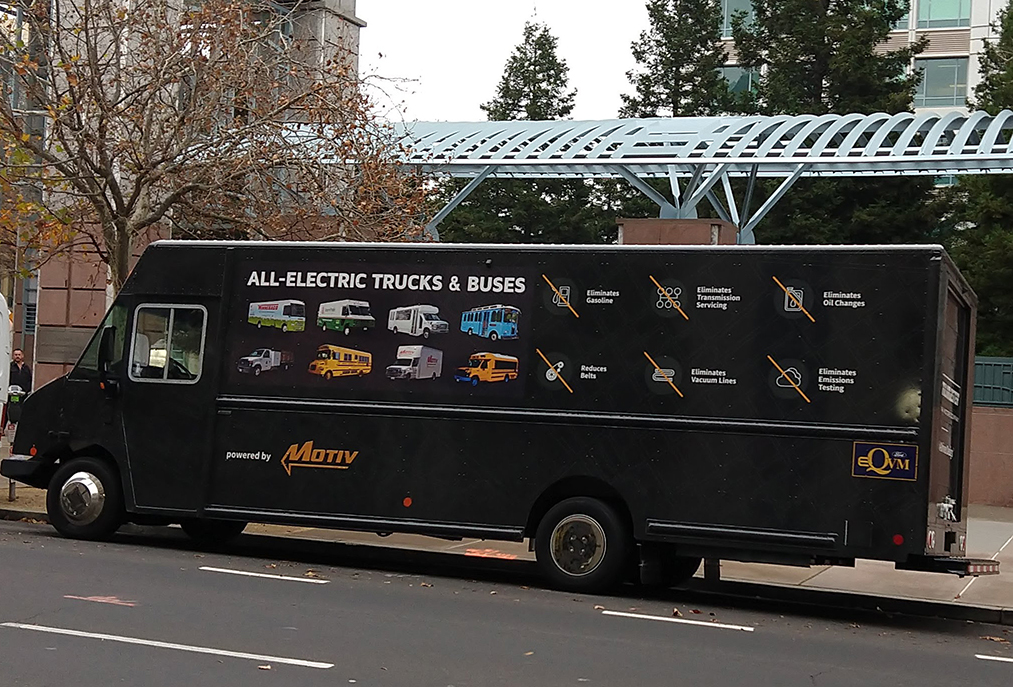
Victory Scored Via Water Advocacy
State Prepares to Update Plan for Cleaning Up Vehicles
Victory Scored Via Water Advocacy
By Kathryn Phillips

Photo by California Department of Water Resources
Sierra Club California staff and volunteers scored a victory at the Metropolitan Water District board on July 14 when the board agreed to include the public in its process to hire a new general manager.
This victory opens one more avenue for the Club to press for the next general manager to focus more attention on sustainability, including through conservation and efficiency, while developing water resources for Southern California.
The victory is also the latest evidence of our increased focus on water. Over the last year, Sierra Club California has been building up its staff capacity, advocacy and outreach on water issues in California, thanks to the generous support of several donors.
The timing for this expansion of our water work couldn’t be better, given the rapid advance of climate change and the Newsom administration’s resistance to updating the state’s water policies to address those changes.
Our campaign is focused on reforming California’s water system policy to become less reliant on extracting water from the environmentally sensitive San Francisco Bay-Delta. This reform would serve multiple purposes.
It would keep both the Delta and the Bay functioning for wildlife habitat, including salmon habitat; it would protect Californians from water bill spikes associated with irresponsible investments in environmentally damaging projects that don’t produce new water; it would put regions around the state in a better position to withstand the long-term droughts that scientists anticipate will be the norm in California the rest of this century due to climate change.
Brandon Dawson is our lead policy advocate for water. Molly Culton is our organizer in Northern California, and newly hired Caty Wagner is our organizer in Southern California. Katherine Garcia provides communications support for the campaign. Attorney Bob Wright provides legal representation to us on water issues.
You may have already participated in a webinar or meeting about water and the Delta hosted by our team or you may have responded to email alerts to take action. If so, thanks for that. You’ve made a difference. If you haven’t participated yet, keep an eye out for announcements about other webinars and actions.
In the meantime, if you want to be more directly involved in helping protect the Bay-Delta and stop the tunnel, contact Molly.Culton@sierraclub.org if you live in Northern California, and contact Caty.Wagner@sierraclub.org if you live in Southern California.

Mobile sources and the fossil fuels that power them continue to make up the majority of transportation emissions in California. That’s the bad news.
The good news is that the California Air Resources Board (CARB), the state agency responsible for setting air pollution regulations, is developing a document that could outline a bold path to reduce transportation pollution and improve air quality across the state.
The 2020 Mobile Source Strategy will provide scenarios that identify the technology mixes needed to meet California’s vital climate and air quality targets and achieve a fully electrified fleet by 2045. During a recent CARB hearing, staff provided an excellent informational update on the project.
The strategy is important because it will present a long-term plan for broad environmental and health benefits. It aims to improve mobility options for all Californians, modernize infrastructure and expand family-sustaining jobs in the clean transportation sector. The strategy is expected to prioritize disadvantaged communities so that residents that have historically been disproportionately impacted by harmful emissions benefit from critical near-term reductions.
The strategy will include on-road vehicles and off-road engines and equipment. The off-road sector is particularly important because there are fewer zero-emission products available now compared to the on-road sector. We hope the updated strategy will give the off-road sector a strong technology-forcing push toward zero-emission engines and equipment.
CARB released the last Mobile Source Strategy in 2016. That previous version included the ideas for landmark measures such as the Innovative Clean Transit regulation, the Zero-Emission Airport Shuttle Buses Rule and the Advanced Clean Trucks Rule.
CARB is revisiting the current plan because of Senate Bill 44 (2019) by Senator Skinner, a bill that Sierra Club California supported. It called for updating the scenarios since the zero-emission technology landscape is evolving so quickly. CSB 44 directs CARB to update the strategy every five years to maintain a fast and iterative trajectory toward a zero-emission transportation future.
CARB has announced that it will release an interactive scenario tool in early August and a draft Mobile Source Strategy in September. Watch this space for your chance to provide feedback to CARB to ensure that staff is moving forward as aggressively as possible.
Follow Us:
  |
Thank you for being a part of our work! Consider making a monthly donation. You may securely donate online or by sending a check to Sierra Club California at 909 12th Street, Suite 202, Sacramento, CA 95814.
